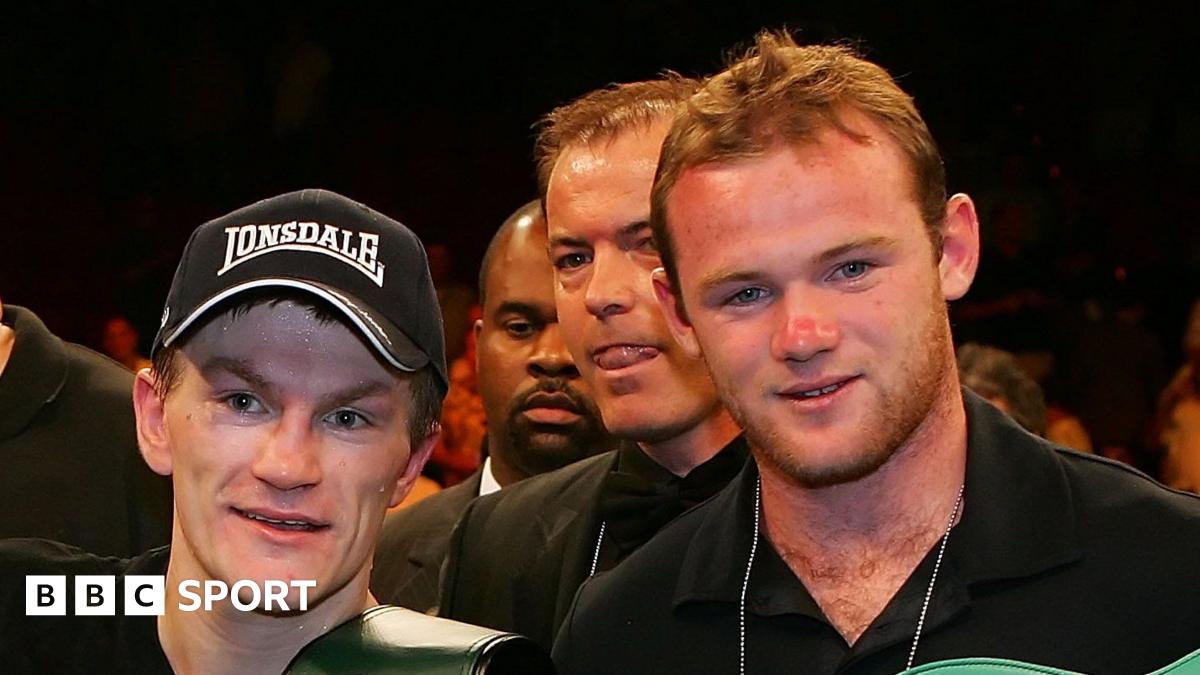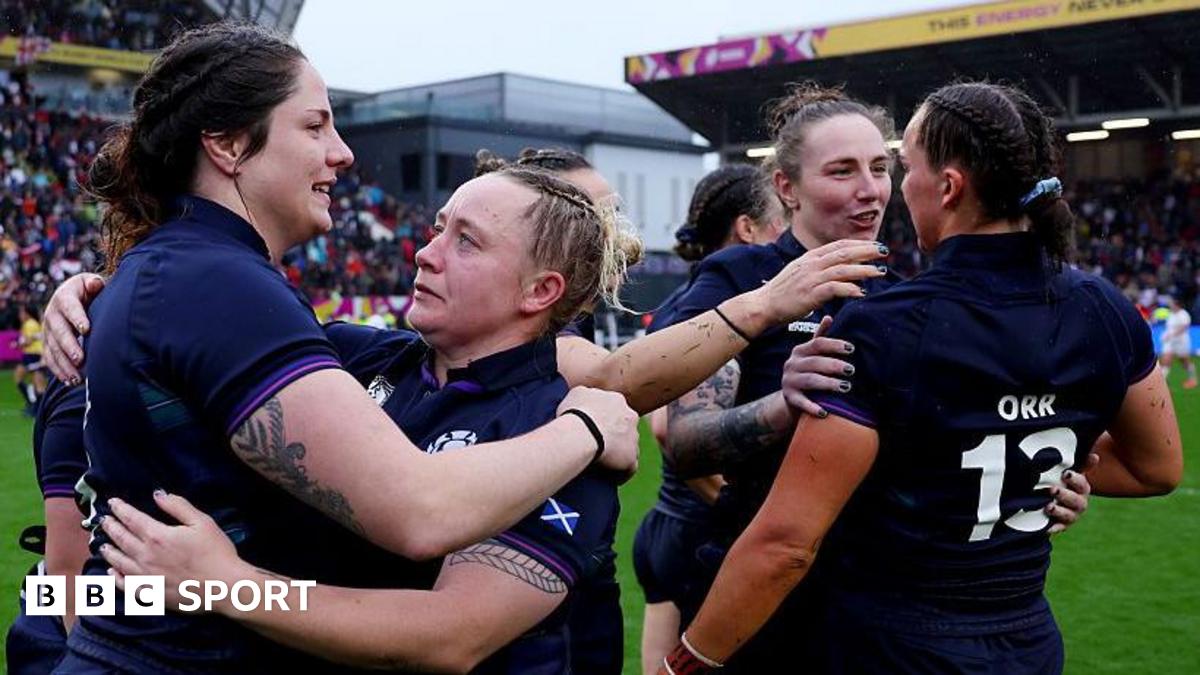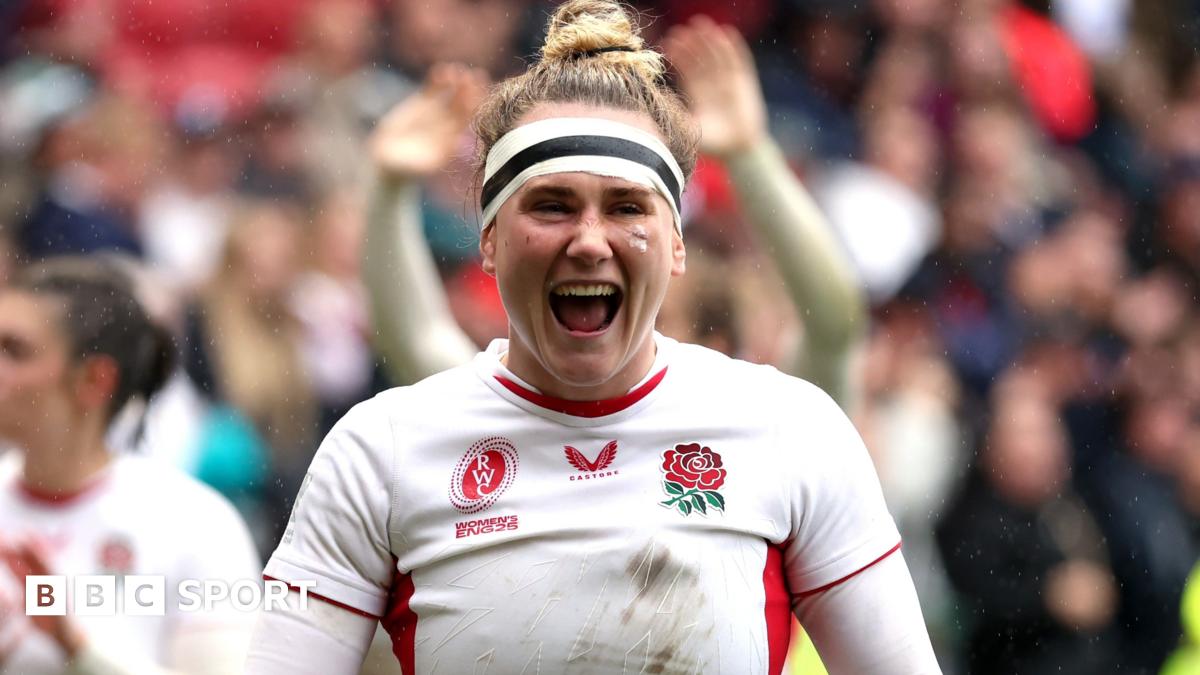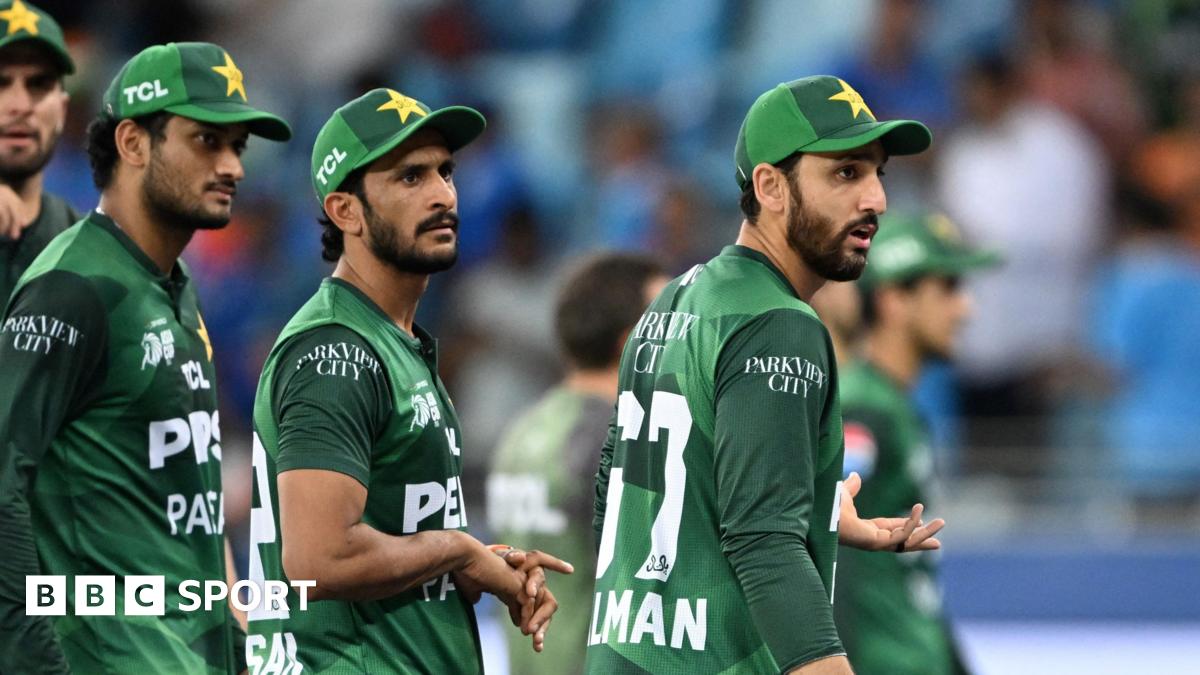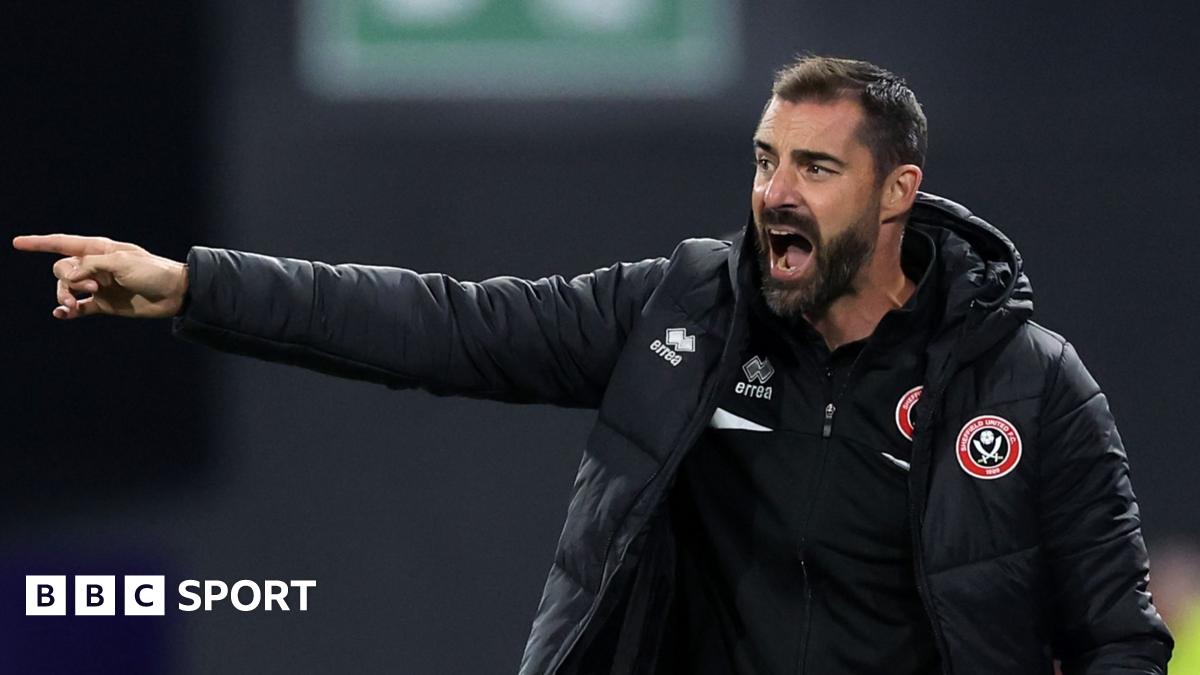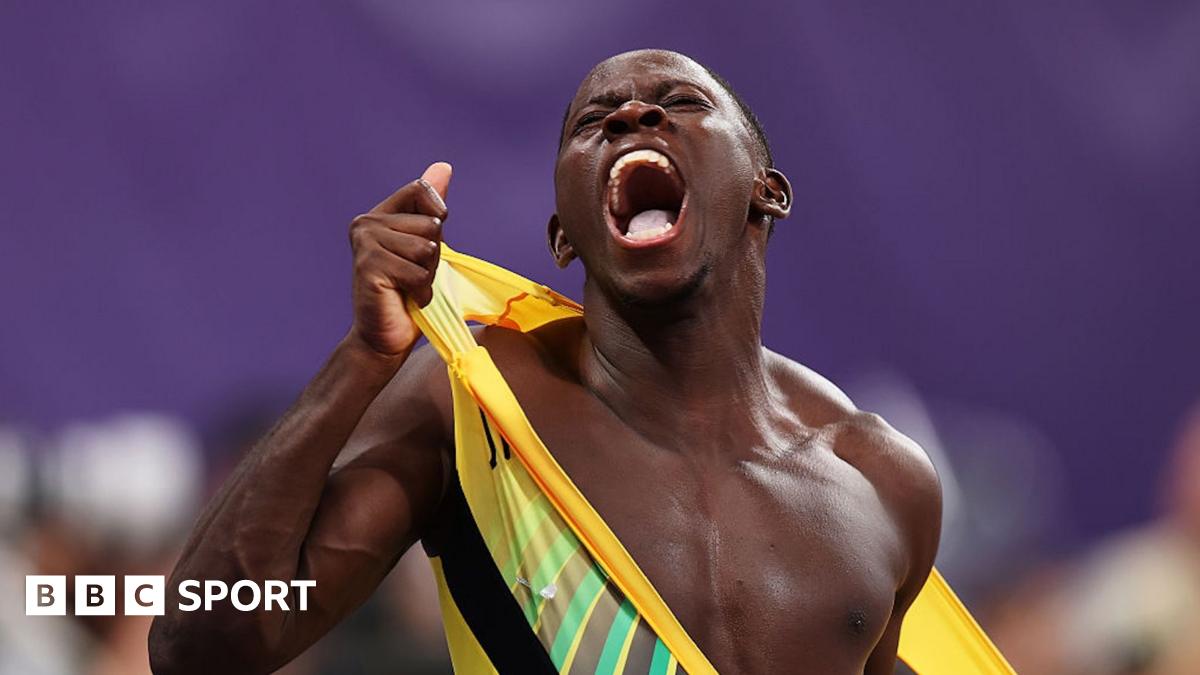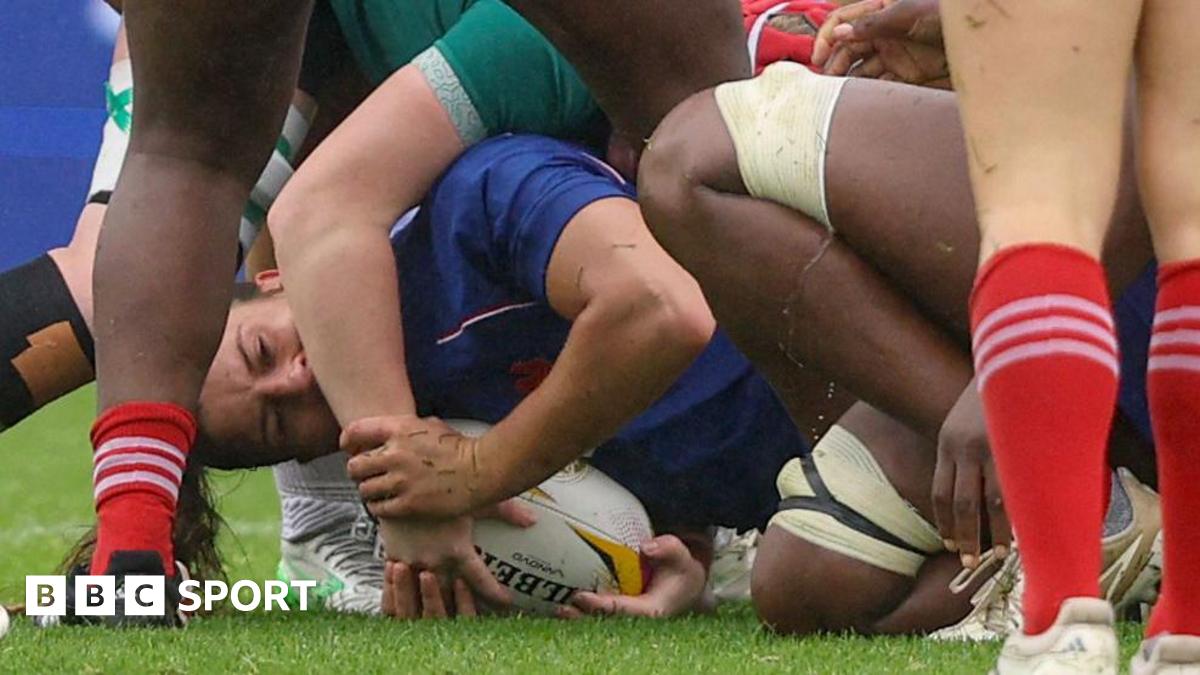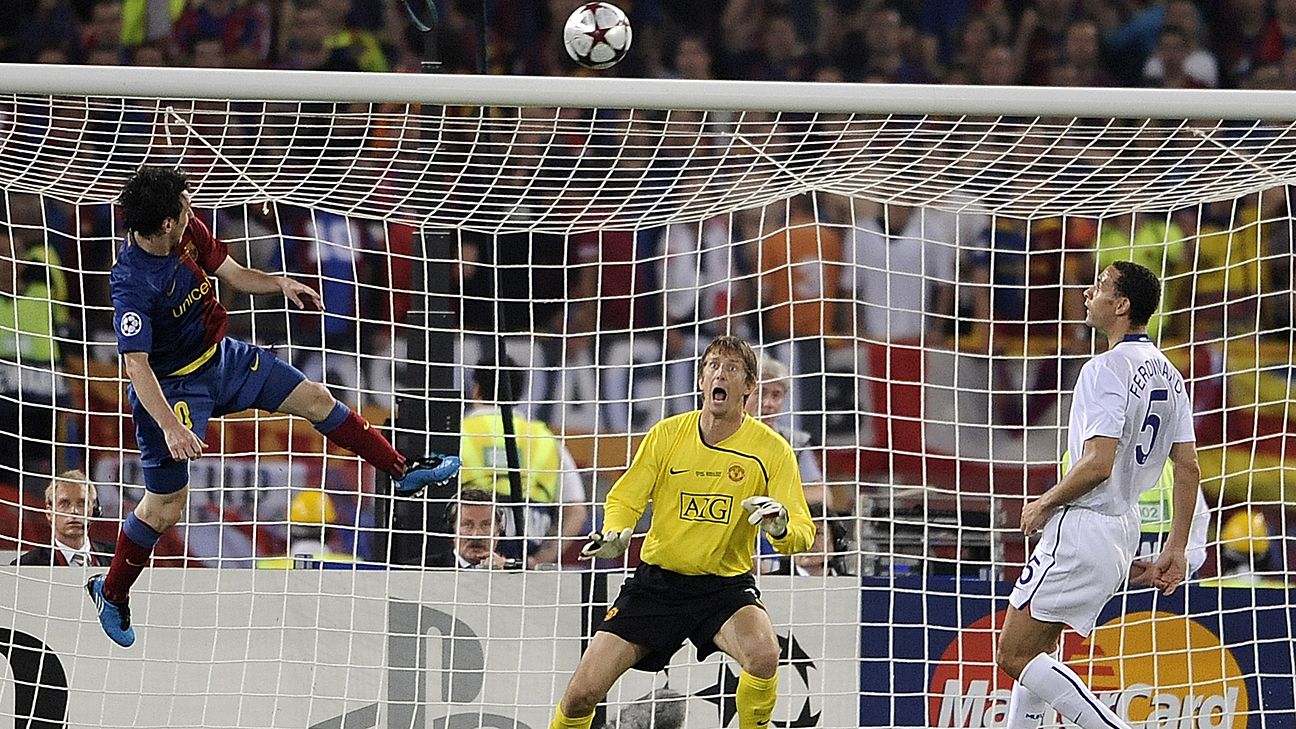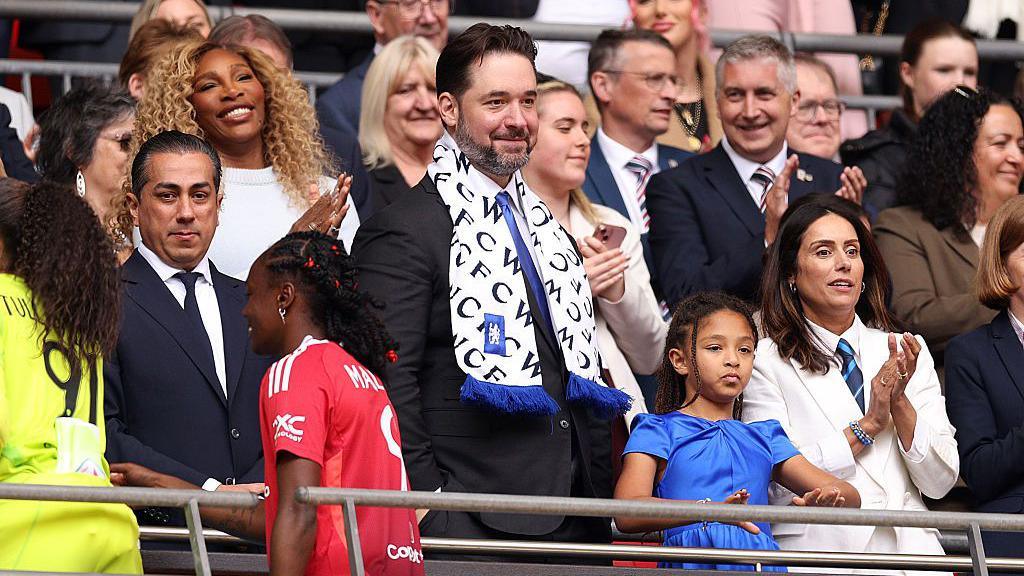 Image source, Getty Images
Image source, Getty Images
Investor Alexis Ohanian (centre) joined co-owner Behdad Eghbali (left) for Chelsea Women's FA Cup final victory
Greg Barringer-Grimes
BBC Sport news editor
What is going on with the ownership of Chelsea's women's team?
In April, it emerged Chelsea had sold the team to parent company BlueCo for £198.7m, a process that helped put the wider business into profit.
Then last week it was announced that Reddit founder Alexis Ohanian, who has a track record of supporting women's sport, had purchased an 8-10% stake for £20m.
The deal looks like both a clever move to navigate Profit and Sustainability Rules, and a fantastic boost to Chelsea's already incredibly successful and dominant team.
So, what is the background? Has the sale highlighted a loophole that needs to be closed? What does it mean for the transfer fund for Chelsea men? And how might Chelsea women develop further with this groundbreaking investment?
BBC Sport's Nizaar Kinsella and Emma Sanders answer the key questions.
How the sale was allowed and what it means
Nizaar Kinsella
BBC Sport football news reporter
Since consortium BlueCo's £4.25bn takeover of Chelsea in 2022, the new owners have been known for taking advantage of gaps in Premier League rules.
First, long contracts - Chelsea spent almost £1.7bn in transfer fees in the five-year period to 2024. They were allowed to keep spending after spreading the costs of those fees across six, seven and eight-year deals. The tactic knows as amortisation.
In 2023, Uefa reacted by changing its rules so transfer fees could only be spread across a maximum of five years of a player's initial contract. Later that year the Premier League followed suit.
Selling homegrown players for 'pure profit' has also helped keep Chelsea within PSR. Chelsea sold Mason Mount to Manchester United for £52.5m in 2023 and Conor Gallagher for £33m to Atletico Madrid in 2024.
When Chelsea head coach Enzo Maresca was questioned about the sale of Gallagher last summer he called on the Premier League to change its financial rules so clubs do not feel "compelled" to sell academy players.
Chelsea's financial accounts in April 2024, revealed the club sold two hotels to another sister company to keep them PSR compliant.
The sales were ratified by the Premier League under what is termed a "fair market valuation" under the league's associated-party transaction rules.
The club reported a pre-tax profit of £128.4m having also effectively sold the women's team and potentially other subsidiaries to themselves for around £198.7m.
Will this loophole be closed? There was an attempt by the Premier League in June 2024 that failed to get enough votes.
It looks set to be back on the table, alongside selling training grounds and other assets, prohibited by both Uefa and the English Football League (EFL).
Chelsea are expected to now have enough financial headroom to spend on targets this summer including a striker, winger and central defender. One senior source believes the club will be "aggressive" in the market.
What is the future for Chelsea women?
Emma Sanders
BBC Sport women’s football news reporter
Chelsea's domestic dominance has reached a new level this season under head coach Sonia Bompastor, who took over from Emma Hayes last summer.
The FA Cup win over Manchester United at Wembley completed an unbeaten domestic season and a second treble in four years. They have won six Women's Super League titles in a row.
Ohanian described Chelsea as the "queens of global soccer" who will become a "billion-dollar franchise" as he watched Sunday's victory alongside wife Serena Williams.
Bompastor praised Ohanian's investment, saying it was about "values" and showed "respect" for the women's game and Chelsea's achievements.
The 42-year-old has invested in women's football previously, as the largest shareholder in American club side Angel City FC until it was sold in 2024 for £192.3m - the highest price for a women's sports team before this deal.
Chelsea made it known publicly last summer they wanted to find a private investor for the women's team and that they had big ambitions for the future.
They stayed true to their word – even if there are benefits for the men's team – by breaking records in the women's transfer market and recruiting one of Europe's top coaches in Bompastor.
In January, USA defender Naomi Girma joined Chelsea in a world record transfer for a female footballer. The fee is believed to be in the region of £900,000 ($1.1m).
The investment is significant for women's football in England and Europe. Selling minority stakes in a club has largely stemmed from the United States.
Natalie Portman, America Ferrera, Mia Hamm, Sophia Bush, Abby Wambach and Eva Longoria have all invested in American club Angel City recently.
There is a feeling it will grow in England with WSL Football – the company overseeing the country's top two tiers – continuing to develop the professionalisation of the game.
Creating more marketing opportunities, attracting better sponsorship deals and building a commercially viable brand are all high on WSL Football's priority list.
They have supported the influence of US billionaire Michele Kang, who led the way with her ownership of French giants Lyon, before taking over London City Lionesses, helping them gain promotion to the WSL this season.
Former NFL superstar Tom Brady's input at Birmingham City has also provided a boost for the Women's Championship side.
Chelsea's £200m valuation and how it compares
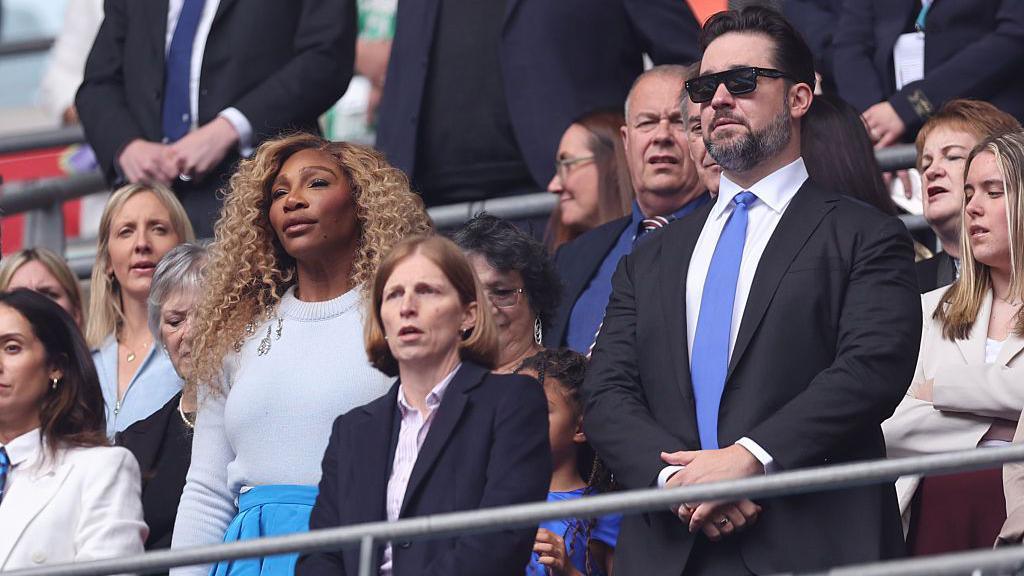 Image source, Getty Images
Image source, Getty Images
Alexis Ohanian with Serena Williams at Wembley on Sunday
The worth of the WSL champions is understood to have been benchmarked against Angel City's valuation. However, while The National Women's Soccer League club make £30m-a-year profit, Chelsea's women's team made a loss in their most recent accounts.
Football finance expert Kieran Maguire said: "I think it is impossible to justify on a traditional valuation metric.
"Newcastle were sold for twice their revenue, Chelsea men were five times their revenue despite being in crisis and Manchester United seven times – and they are the biggest brand in football.
"Chelsea women sold for 18 times their revenue, and the growth potential is uncertain."
Dr Christina Philippou - a women's football finance expert - believes there are questions about how Chelsea's new ownership model will work but that it shows the "unrealised potential" for women's football.
"It is a high valuation for a lack of control," said Dr Philippou. "Given who the investor is and what they have done in women's sport with Angel City and the celebrity tie-in. There has to be questions about what the shareholding looks like.
"It is an indicator as where they see the market going. Buyers think there is a lot of unrealised potential."
Dr Philippou believes certain WSL clubs will have raised an eyebrow at the developments in west London but warned similar investment in the women's game has both pros and cons.
"Arsenal women make more money than Chelsea women do," she added. "Last year £11m Chelsea, Arsenal £15m.
"If you were Arsenal you'd be looking at that (£200m) valuation. They have a better set-up and better attendances.
"If I was Arsenal my antenna would be up and looking into that possibility. Big investors showing interest is a positive thing. Others will be willing to invest and agree partnerships.
"The negative side is that you have those willing to invest in their women's teams and those who are not.
"That can create a massive competitive imbalance. Having the same clubs win every year is not that exciting. Everyone wants excitement, broadcasters, commercial partners and supporters."

 3 months ago
50
3 months ago
50
